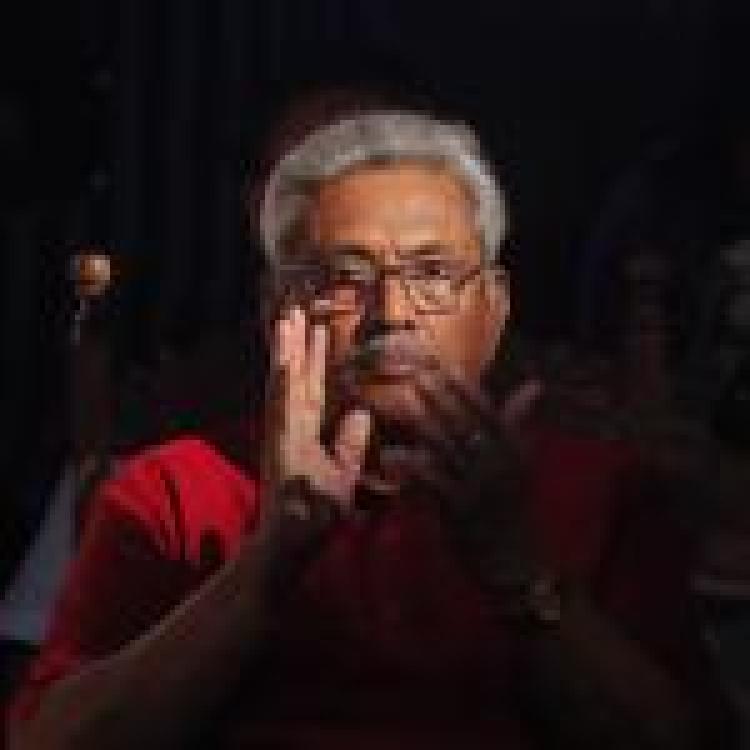The International Commission of Jurists (ICJ) denounced Sri Lanka’s Cabinet's approval of the proposed burqa ban and called on the country to "categorically reject this discriminatory proposal as a violation of the right to freedom of religion."
Minister of Public Security Sarath Weerasekara proposed the ban on March 13, claiming that it was in the interest of ‘protecting national security’ because burqas are a ‘sign of religious extremism.’
“The Sri Lankan Government’s justification for banning face coverings rings hollow during a time when it has quite sensibly made the wearing of face masks in public mandatory to address the COVID-19 pandemic,” stated Ian Seiderman, ICJ’s Legal and Policy Director.
Following the Easter Sunday attacks in 2019, the Sri Lankan government introduced a temporary ban on full face coverings as an emergency regulation, which led to a rise in discrimination against Muslim women.
“While the Sri Lankan Government has an obligation to protect its inhabitants from the threats to their lives and well-being, that protection is part of, and not in conflict with, its overall duty to protect human rights,” continued Seiderman.
These developments reflect the ongoing oppression of the Muslim community that has manifested in similar Islamophobic policies such as forced cremations and arrests of Muslims under trumped up charges.
The ICJ asserts that “burqa bans are incompatible with international law guarantees of the right to manifest one’s religion or belief and of freedom of expression.” Seiderman added that the policy "would invariably result in discriminatory practices and lead to the stigmatisation of Muslim women."
Read ICJ's full statement here.


